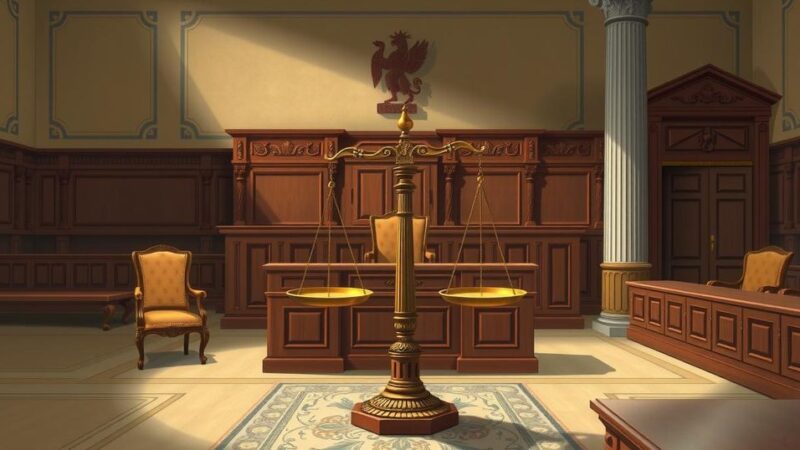Authorities in the Democratic Republic of Congo are investigating vandalism at the mausoleum of Patrice Lumumba, the country’s first prime minister, where his tooth was housed. The tooth, believed to be the only remains of Lumumba, was returned to his family in 2022 after being taken by a Belgian policeman. The site was found empty, prompting concerns about theft and the need for security measures.
The Democratic Republic of Congo has initiated an investigation into acts of vandalism at the mausoleum that houses the tooth of Patrice Lumumba, revered as a national hero and the country’s first democratically elected prime minister. Historical reports indicate that Lumumba was assassinated by a firing squad in 1961 after his brief government was overthrown. Notably, the tooth, believed to be Lumumba’s only known remains, was reportedly taken from his body by a Belgian policeman, who claimed he had dissolved the majority of Lumumba’s remains in acid. This tooth was returned to Lumumba’s family in 2022. Upon investigation, authorities discovered that the coffin containing the tooth was found open and empty, although confirmation regarding theft has not been established. Lumumba’s legacy is a mix of nationalist sentiment and recognition of the country’s potential, which subsequently faltered under dictatorship and exploitation of its resources. His assassination has been viewed as a pivotal moment in DR Congo’s turbulent history, often attributed to the geopolitical tensions of the Cold War. Lumumba’s appeal to the Soviet Union for assistance in quelling regional unrest led to a loss of support from Western powers, complicating the circumstances surrounding his death. Amidst the investigation, Lumumba’s daughter has expressed her dismay regarding the vandalism, labeling it an “incomprehensible act.” The Ministry of Culture has assured that measures are in place to secure the site and identify those responsible for this desecration.
Patrice Lumumba, a critically significant figure in Congolese history, served as the first democratically elected prime minister following independence from Belgium in 1960. His government, however, was short-lived, lasting only three months, before he was removed from power in a coup and subsequently executed. His remains, particularly his tooth, have become symbolic of both his legacy and the historical injustices faced by the Congolese people. The ongoing investigation into the vandalism of his mausoleum reflects the enduring impact of Lumumba’s life and the tensions surrounding his assassination, including the accusations of foreign complicity from Belgium and the United States.
In summary, the investigation into the vandalism at Patrice Lumumba’s mausoleum highlights ongoing concerns about the preservation of his legacy and the respect owed to national heroes. The incident has provoked outrage from Lumumba’s family and the public alike, emphasizing the need for accountability and respect for the history of DR Congo. As authorities work to determine those responsible, the implications of this act extend beyond mere vandalism to a deeper reflection on the nation’s journey through post-colonial challenges.
Original Source: www.northweststar.com.au





